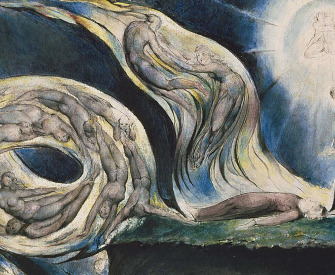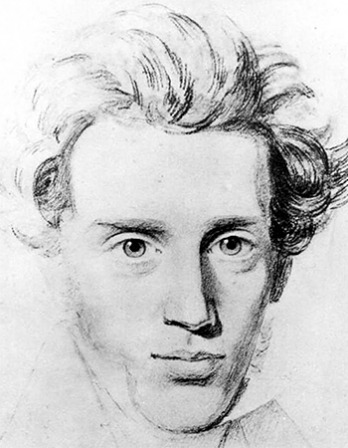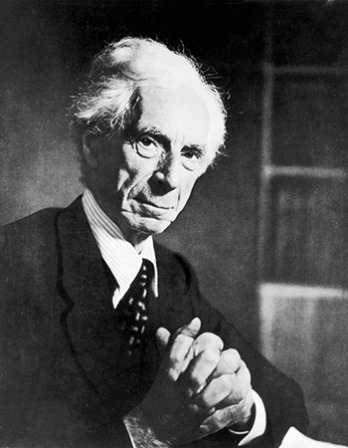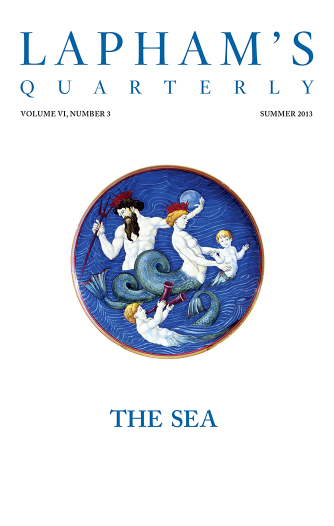It is to be remarked that the Lord commands every one of us in all the actions of life to regard his vocation. For he knows with what great inquietude the human mind is inflamed, with what desultory levity it is hurried hither and thither, and how insatiable is its ambition to grasp different things at once. Therefore, to prevent universal confusion being produced by our folly and temerity, he has appointed to all their particular duties in different spheres of life. And that no one might rashly transgress the limits prescribed, he has styled such spheres of life vocations, or callings. Every individual’s line of life, therefore, is, as it were, a station assigned him by the Lord, that he may not wander about in uncertainty all his days. It is sufficient if we know that the principle and foundation of right conduct in every case is the vocation of the Lord, and that he who disregards it will never keep the right way in the duties of his station. He that is in obscurity will lead a private life without discontent, so as not to desert the station in which God has placed him. The magistrate will execute his office with greater pleasure, the father of a family will confine himself to his duty with more satisfaction, and all in their respective spheres of life will bear and surmount the inconveniencies, cares, disappointments, and anxieties which befall them, when they shall be persuaded that every individual has his burden laid upon him by God. Hence also will arise peculiar consolation, since there will be no employment so mean and sordid (provided we follow our vocation) as not to appear truly respectable and be deemed highly important in the sight of God.
From Institutes of the Christian Religion. As the Protestant Reformation swept over Europe, Calvin’s masterpiece, published in numerous revisions between 1536 and 1559, became one of its central texts. It helped land him in Geneva, where between 1541 and 1564 he worked alongside the city council, helping to spur the initiation of such reforms as bans on dice, card, and ball games, as well as rules for the amount of cutlery and plates that could be used at meal tables.
Back to Issue





